In the US, 17% of the population is fully vaccinated 0:36
(CNN) -
At first, the thermometer read 38.3.
But when Ricardo Ramírez arrived at the emergency department, his temperature continued to rise.
He began to beg for his life, pleading with strangers in robes, gloves, and masks for something to stop the fever.
Then, on March 23, 2020, a few hours after his arrival, the disease struck Ramírez at once: he was sure he was going to die.
"I started calling my family, my wife and my children."
Ramírez has two children, Ricardo Jr., 14, and Rachelle, 5. "I started giving my son all my passwords and all my personal information so that he would have them if something happened to me," he told CNN.
"I'm at the hospital and you are at home," she told her son.
"You are the man of the house."
Ramírez, is a 55-year-old biomedical technician at St. Charles Hospital in New York City.
And at the time, I was experiencing the trauma that so many covid-19 patients experienced: the feeling that death was only moments away.
It was not.
He returned to his family after nine harrowing weeks in the hospital.
But almost a year later, he can still vividly recall the trauma of his hospitalization.
advertising
"I remember once I woke up and said, 'God, I don't want to die.'
I looked at the ceiling of my room and saw my wife's face crying.
And my children, both crying behind her.
Then I woke up and was crying alone, "he told CNN in a telephone interview.
Millions have survived hospitalization for COVID-19 and, for most, the acute physical symptoms have disappeared.
But many continue to endure the emotional and psychological trauma that comes with having Covid-19.
A study published in February 2021 found that 30% of covid-19 survivors experienced post-traumatic stress disorder (PTSD, in Spanish, or PTSD, in English), a psychological illness that usually occurs after someone has an experience. that threatens your life.
If left untreated, PTSD has the potential to turn a hopeful recovery into a living nightmare.
And while studies after the SARS epidemic in 2003-2004 found similar rates of post-traumatic stress at around 25%, the scale of the covid-19 pandemic is a key difference.
With approximately 30 million confirmed infections in the US since the start of the pandemic, some experts say the world should prepare for a mental health crisis.
LEE
: One year of pandemic: it's time to take stock of our mental health
Post-traumatic stress and prolonged covid
PTSD is a mental health disorder in which a person experiences thoughts, flashbacks, and nightmares that hit in unpredictable ways and return the person to the moment of trauma.
Re-experiencing the memories causes panic attacks and trouble sleeping.
"It can occur in patients who experienced a traumatic event," Dr. Delfina Janiri, who assisted in a single-center study published in February 2021 in the
Journal of the American Medical Association of Psychiatry
and University
Polyclinic Psychiatrist, told CNN.
Fondazione Agostino Gemelli in Italy.
"So in this case, we consider to have experienced an acute and severe covid disease."
Janiri's study included 381 patients treated at a hospital in Rome, Italy, between April and October 2020. After recovering from infection, all patients were referred to a post-recovery care center where they received a psychiatric evaluation. complete.
The patients were evaluated for anxiety, depression, mood disorders, and post-traumatic stress disorder.
"We were surprised by the fact that most of the symptoms we found were clustered around post-traumatic stress syndrome," Janiri told CNN.
They also looked for patient characteristics that increased the risk of developing post-traumatic stress disorder.
The strongest predictor was the persistence of three or more symptoms of covid-19, the same symptoms described by patients with "long-covid" or prolonged covid: fatigue, mental confusion, heart palpitations, shortness of breath, headaches and others .
About 70% of people who reported experiencing three or more persistent medical symptoms were found to have PTSD compared to 31% of people with one or two, the study found.
LOOK
: Elderly and women, among those who are at risk of suffering "prolonged covid"
"We found a strong association between PTSD and these symptoms," Janiri said.
“Of course, now it is not possible for us to define directionality, which means that we do not know which came first, the cause and the effect.
But surely the people who report more persistent clinical symptoms are also the people who report more symptoms of PTSD.
An earlier study conducted in China involving 714 hospitalized patients at five hospitals in Wuhan in March 2020, and published in
Psychological Medicine
, found that 96% of the people surveyed had post-covid post-traumatic stress disorder.
Half of the patients surveyed said online mental health counseling would be helpful.
Persecuted by the ICU
Post-traumatic stress disorder that occurs after certain hospitalizations is not a new phenomenon, said Dr. Ronald Brenner, psychiatrist and president of behavioral health at Catholic Health.
As some research suggests, one in five patients experiences PTSD after admission to the ICU.
"But in covid, it is also showing up in people who had moderate to severe covid without having to go to the ICU," Brenner said.
It's difficult to know why this is so, Brenner said, but it could be due to the high death rate associated with COVID-19.
Brenner is seeing the aftermath of the virus firsthand as a psychiatrist.
One of his patients was hospitalized for five days with COVID-19, but never required care at the ICU level.
Now any cough, pain, or other symptom triggers anxiety and sometimes panic attacks.
"He started having real anxiety attacks from having COVID again, because the symptoms didn't go away, from having residual COVID forever," Brenner said.
"Then he also had great difficulties to return to work due to the problem of evasion, because of the fear of going to the same place."
Post-traumatic stress disorder causes people to avoid situations associated with trauma, as they can trigger panic and anxiety.
The patient is still struggling at work, Brenner said.
While encouraged by the fact that some patients have made progress, Brenner says a comprehensive strategy is still needed to ensure that all patients receive the care they need.
And there are treatments that work, Brenner said, such as cognitive behavioral therapy or treatment with drugs such as antidepressants or anxiolytics.
Fear of stigma
The National Institute of Mental Health (NIMH) is currently funding research to better understand post-covid post-traumatic stress, said Dr. Susan Borja, a psychiatrist who runs a program to study traumatic stress at NIMH.
For example, the newly funded National Institutes of Health studies looking at 'long covid' patients will also include an analysis on mental illness in these patients.
"One of the challenges of this pandemic is how widespread it is," Borja told CNN.
"When it comes to the entire US population with a health care system that is already somewhat at full capacity, there are a lot of people who are mentally ill and never received care."
A key strategy for reaching people with post-covid post-traumatic stress disorder should be outreach and screening, Borja said.
An example that could be adapted to other high-risk groups is the Heroes Health Initiative, which was launched in June 2020 by the Institute for Trauma and Recovery at the University of North Carolina, Chapel Hill, funded by the Rockefeller Foundation.
The initiative uses a free app, the Heroes Health app (which translates Health from Heroes), which offers healthcare workers a weekly survey that analyzes mental health symptoms and connects users with a mental health worker if they are. necessary.
"In this way, the program has linked hundreds of health workers to provide support and care," Dr. Sam McLean, director of the institute, told CNN.
Using screening measures like this for groups that have been identified as being at higher risk, such as those with persistent COVID-19 symptoms, could be a key strategy in anticipating this looming mental health crisis.
"The sooner people can be connected to receive care and obtain good evidence-based care, the faster they will be preventing a life of suffering that has all kinds of consequences for the person," said Borja.
READ
: Do you have more nightmares in the pandemic?
You could be "dreaming"
And it's important that we address this issue now, because due to stigma, the number of COVID-19 survivors with post-traumatic stress disorder could be much higher than people think, Brenner said.
«They are afraid of being labeled.
I think for them it is a new constellation of symptoms that they are totally scared of and totally ashamed of.
I think it is much more difficult for them to accept that there is a psychological component to this and not just a physical component.
Covid-19 post-traumatic stress

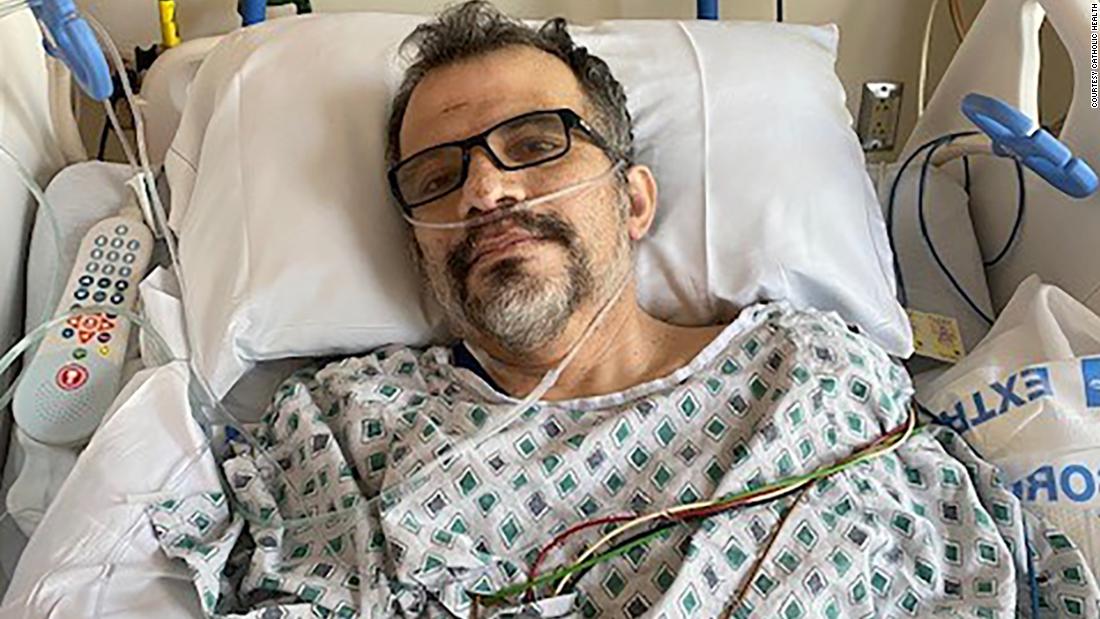
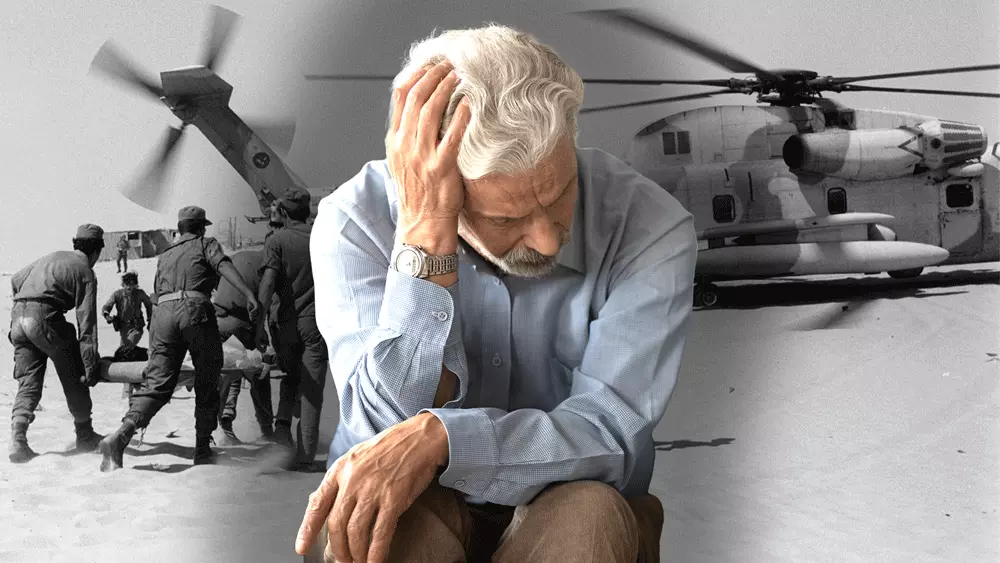
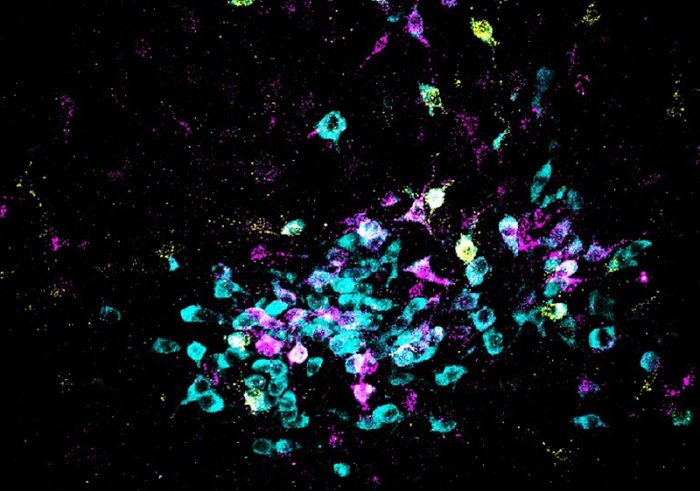
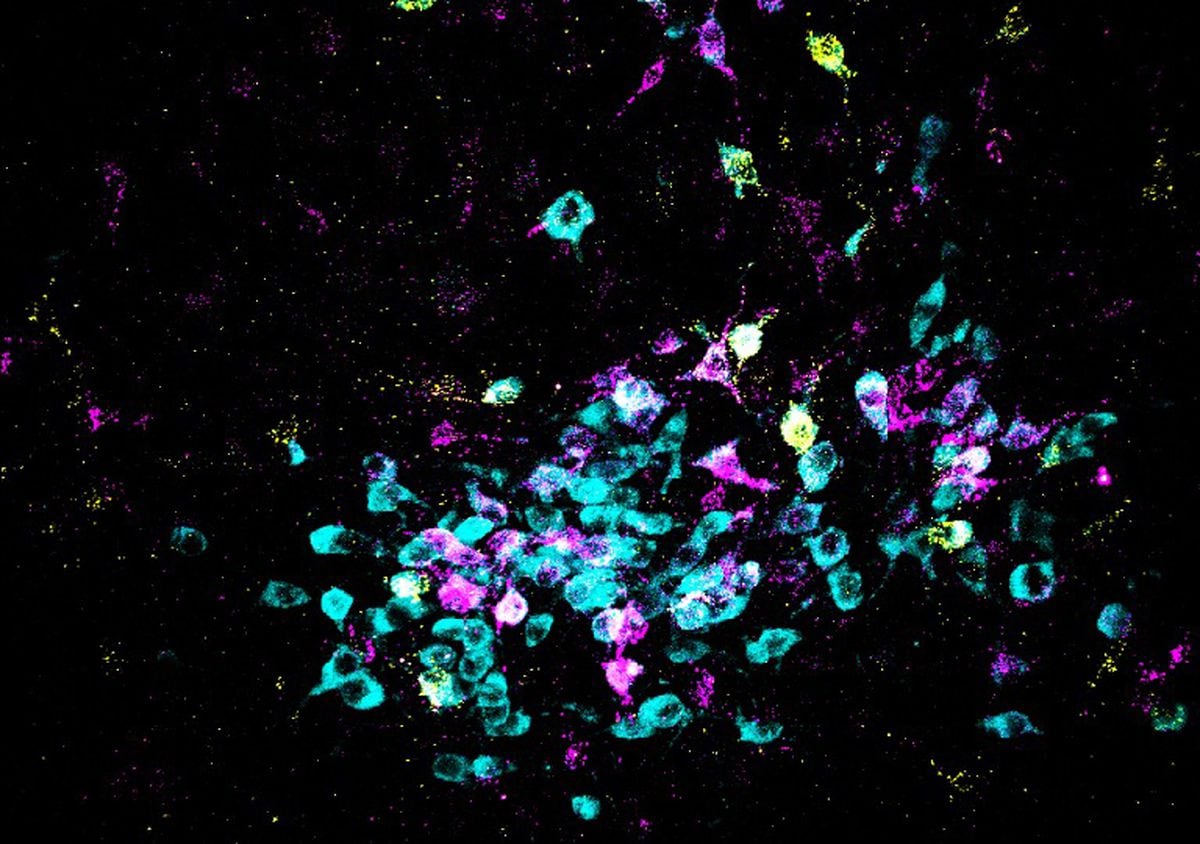
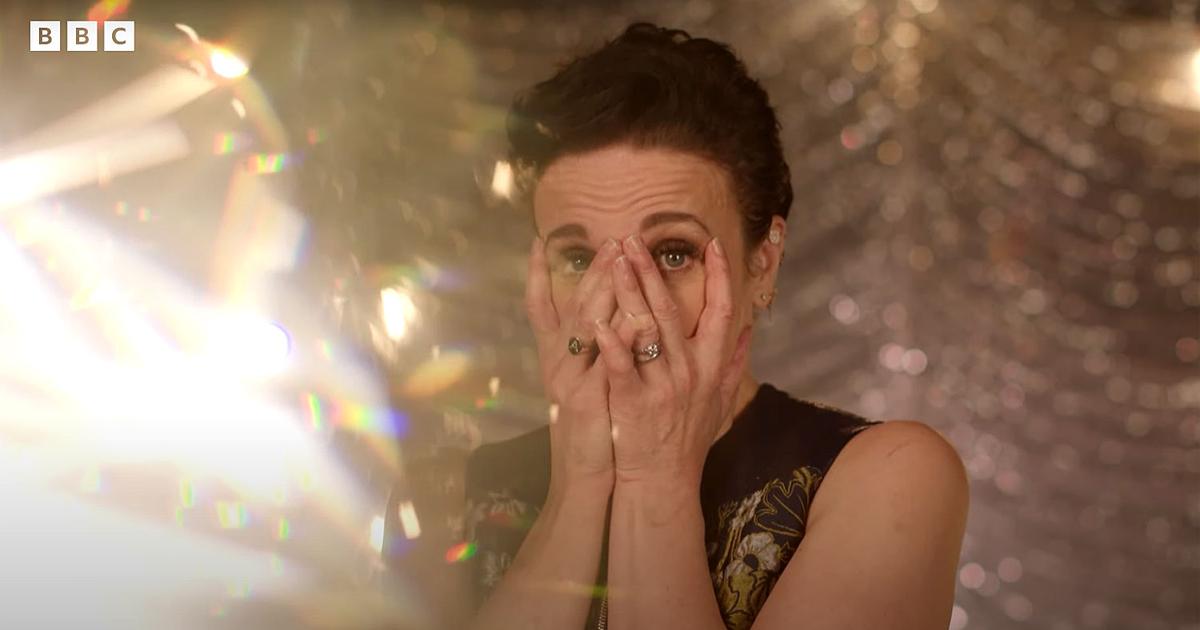






/cloudfront-eu-central-1.images.arcpublishing.com/prisa/KMEYMJKESBAZBE4MRBAM4TGHIQ.jpg)


